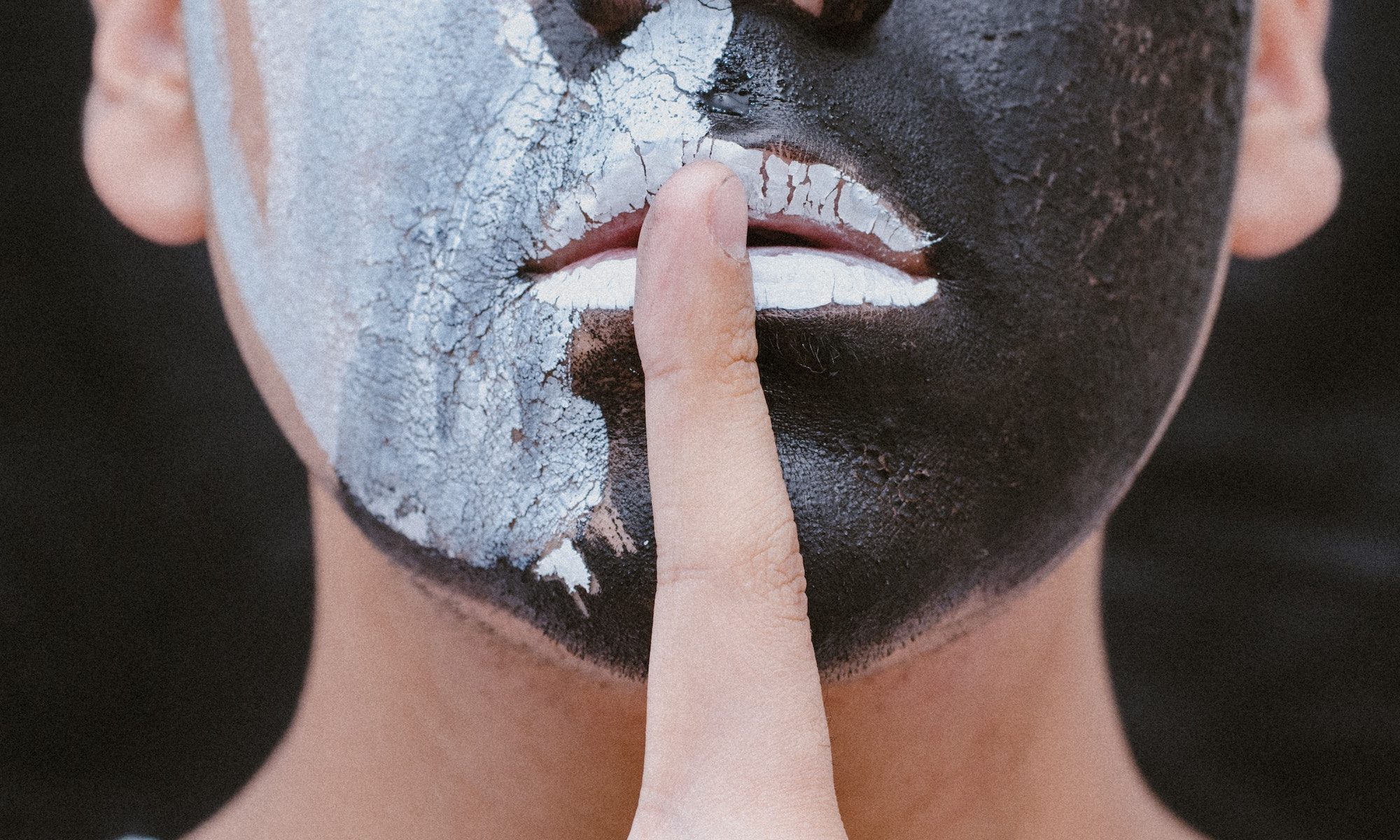I lost an extended family member recently. Attending the funeral brought back lots of memories. None good. Burying my daughter, father and mother in relatively rapid succession (every two and a half years) and being directly responsible for making the arrangements for my daughter and mom was difficult. Horrifying for my daughter actually, who died by suicide. Stressful and somber for my mom who died naturally, but also unexpectedly.
Funeral homes seem to be the only place it feels acceptable for us to talk about death outside of initial condolences. At this recent funeral, I was reminded how freely we can talk about where one may have gone in death. How comforting it is remembering the deceased loved one’s life with both sorrow and levity. How natural it is to contemplate (if only briefly) what life now means for loved ones left behind and the strength it takes to physically let go of our deceased.
At a certain age, we all understand it is perfectly natural to lose parents and spouses, aged siblings and so on. Many people relate to these losses and are quick to send their sympathies to the newly bereaved to let them know they are not alone. They can comfortably share how they too lost their mom or dad, husband or wife, which instantly connects the bereaved to a community of grievers where there is no cultural taboo talking about their loss. Still, support for the bereaved may only last for a short period of time. And in keeping with this term “period of grief” we have come to understand all too well in our society, they are expected to recover from their loss and move on.

And people do. Mostly. Sort of. The widow(er) may marry again. Adult kids go on without their parents. Grandchildren learn about death often for the first time and come to accept the loss through simple conversation; maybe even a story book of analogies. Yes, we miss our loved ones, but in most cases, when we view death as part of the natural progression of life it does not devastate us. It saddens us and may even shock us briefly if it was a sudden passing. But generally speaking, death that we have come to expect does not decimate our lives. It does not leave a path of destruction in its wake like some deaths do.
I’ve struggled to understand this phenomenon until this latest family loss. I saw clearly how it is only through similar or the same experience that people feel safe enough to talk about their losses. Yet, still as a culture we don’t talk very much death . It simply is not part of our common social dialogue.
Keeping it in the social context only, it is the more unnatural deaths we do not expect and not everyone experiences that silence our voices in even bigger and more damaging ways. I have long believed that voices heard bring change. As someone who has lost a child, I have found that this vacuum in our culture creates stigma and isolation for anyone coping with unnatural loss. This needs to change.
While there is general curiosity to know more about loss from unnatural deaths (child, parent at a young age, suicide, murder), most people stay tight lipped. They are hesitant to ask too many questions, even when there is the opportunity to do so.
As a result of the reticence we have in our society to talk about death, for me personally, being plunged into the world of parental grief has felt very isolating. While I naturally feel a connection to anyone who has lost a child (not so common) or to anyone who has lost a loved one to suicide (more common), even within these worlds, the voices of the bereaved are rarely heard. At least not in the public space (my guess is not so much privately either).

I put this death-culture silence down to people not being able to speak the same language. Any attempt to communicate one’s needs in grief is sure to get lost in translation. Think of it like this. Imagine going to a country where you don’t understand the language. In many cultures just getting the gestures, tones and pronunciation of certain words wrong conveys the wrong meaning with varying consequences. Until you know some basic local words and gestures, it can be difficult to get service or help when you need it.
It’s not much different for the bereaved, especially those of us trying to cope with an unnatural loss. Trying to communicate our needs to anyone who doesn’t speak the language is guaranteed to fail. Without the ability to understand each other, it is difficult to connect. Without connection, there is no support.
The more comfortable we become talking about death and grief in western culture, the greater the opportunity there is to change the face of mainstream society, to one that is more inclusive of the pain and struggle that includes all loss. But especially loss from unnatural deaths. Feeling comfortable to talk more about all types of death outside the family or funeral home so that everyone understands what it’s like for those living with grief, requires awareness and cultural sensitivity. Everyone must have the opportunity to learn the language of loss, where nothing gets lost in translation. In the medical, corporate, social and family communities, awareness, understanding and support is needed. It is critical to every griever’s healing.
Find Your Power!

On a lighter note, here are some fun and interesting lost in translation sayings from around the world.
For more information visit www.vonnesolis.com.
Photos: Feature by Ricardo Mancía on Unsplash / Flower by Zoltan Tasi on Unsplash / Donkey by Vonne Solís / Seed Photo by Lubo Minar on Unsplash

